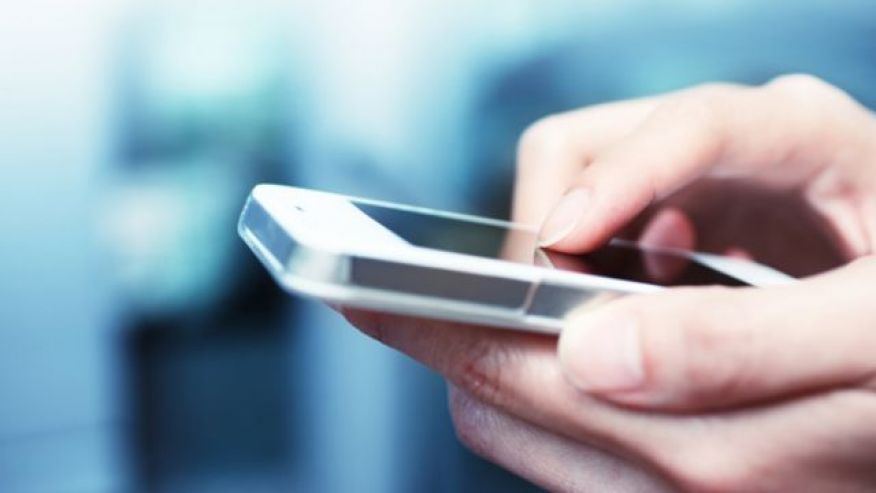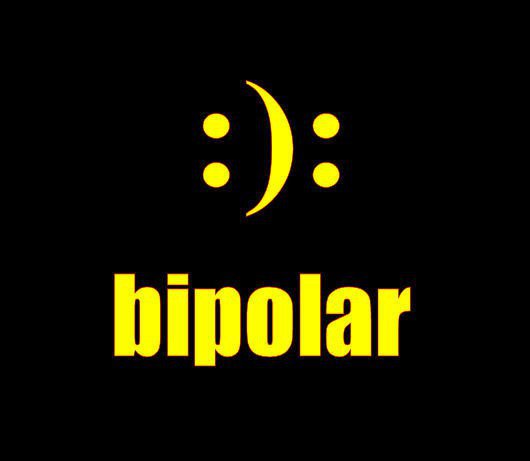A new mobile phone app is being developed that may help mental health professionals detect very early signs of depression or mania – the opposite extremes of bipolar disorder.
The app, created and under investigation by a team at the University of Michigan, monitors speech patterns as people use their cell phones. By using computer programs to assess the tone and rate of the speech, along with other variables, the researchers say they have encouraging findings that the app can identify very early signs of a depressive episode or a manic episode.
The University of Michigan team calls their research project PRIORI, as they hope that this marriage of mental health assessment and technology can yield early detection of recurrent episodes of bipolar disorder, even before it would be obvious to the individual or a clinician. Slowed speech, lower tone of speech, or hesitating speech on phone calls could precede a person becoming depressed, complaining of low energy or low mood. And speaking quickly, with lots of inflection or exclamations, could precede someone displaying the full euphoria, sleeplessness and uninhibited behaviors that can be associated with mania.
The researchers point out that privacy is maintained for those using the app, because the content of their conversations is encrypted. But, obviously, privacy remains an issue, because anyone with access to data from the app would know whether the person being monitored might be getting depressed or manic. And the app or another like it could yield data to detect anxiety.
Hence, third parties could potentially install this app, or another, on mobile phones (with or without the knowledge of the owners of the phones) and potentially determine if those individuals are mentally well or not. Needless to say, the government could use such an app, to note whether an individual or many individuals are showing mood volatility that might be associated with a pending protest or a strike, for example.
Most of us are not keen on having our mental health monitored by anyone other than ourselves or our medical professionals. This app, misdirected, could pose just such a risk.
Still, for all the caution, the promise of PRIORI is that it might help people who choose to use it and, perhaps, choose to send the data to their doctors. This could help medical professionals jump on the earliest signs of bipolar disorder, which affects over 5 million Americans and costs hundreds of thousands of lives per year.
Source: fox news



